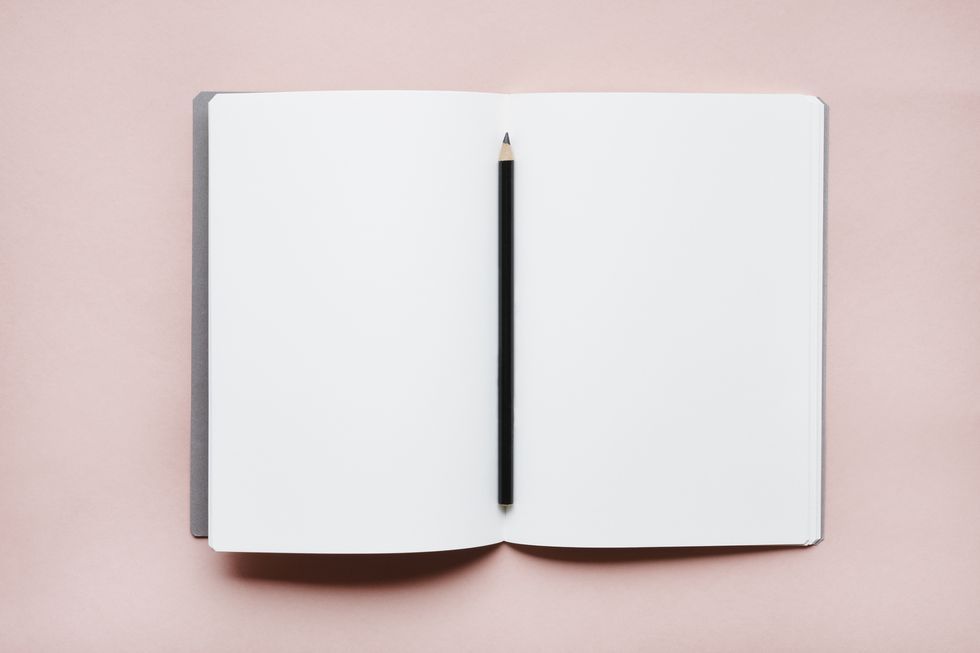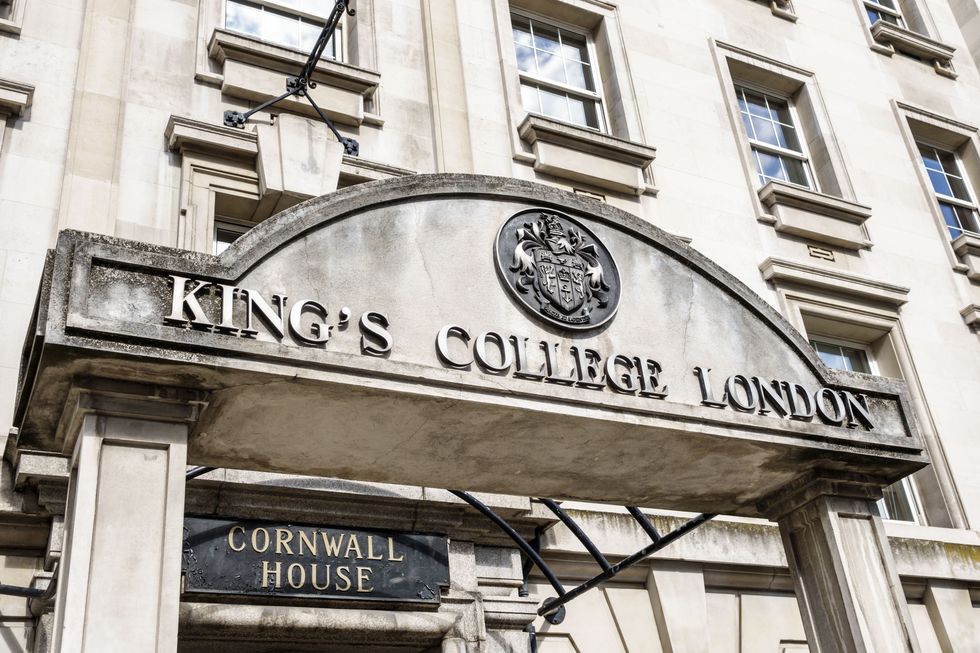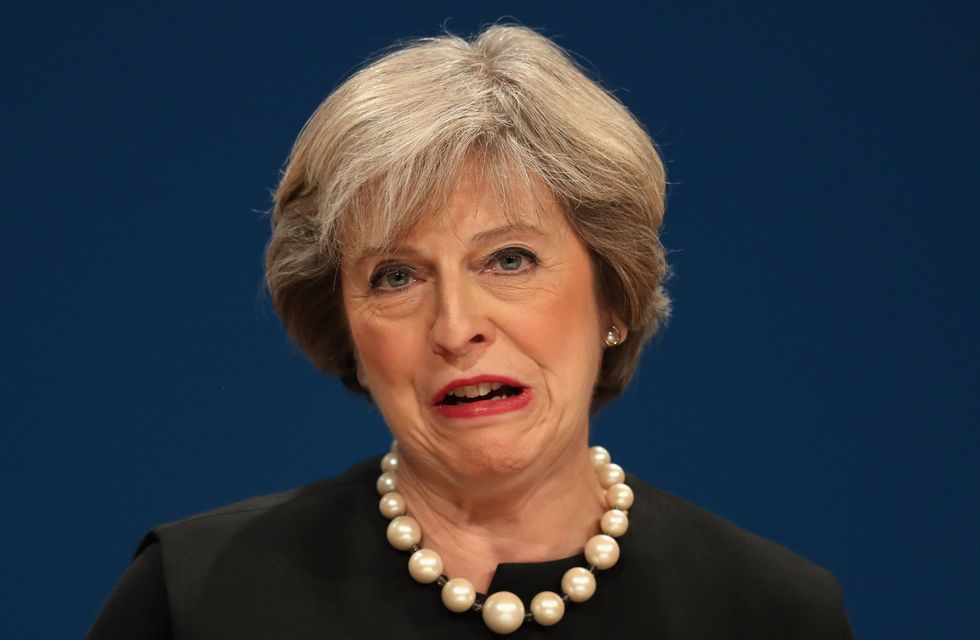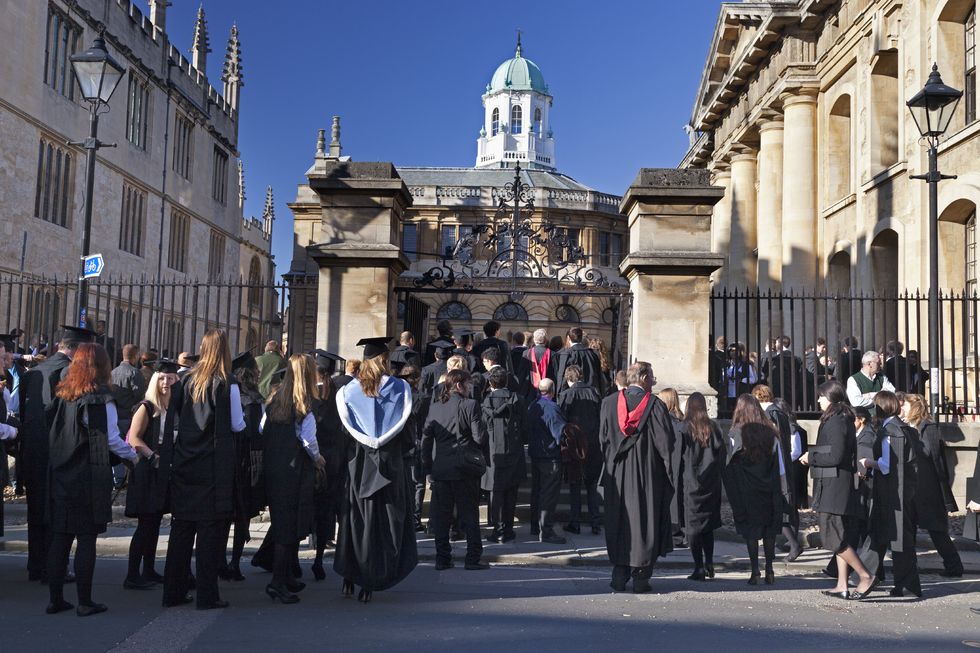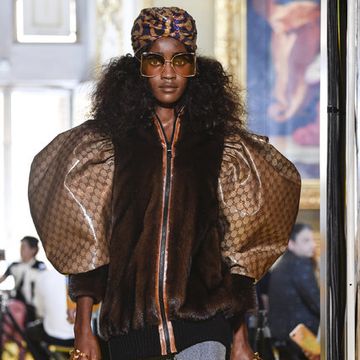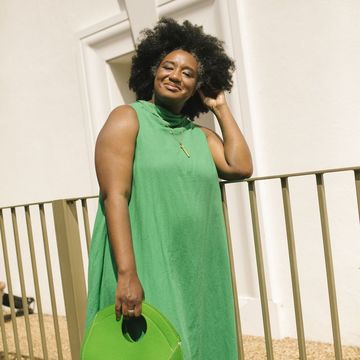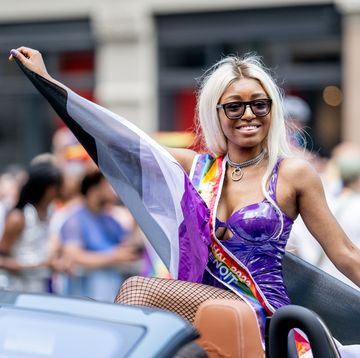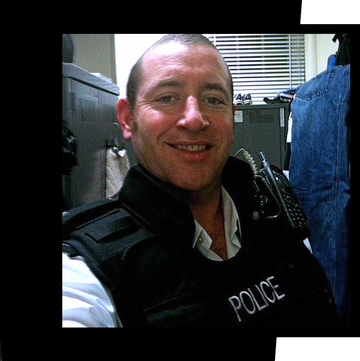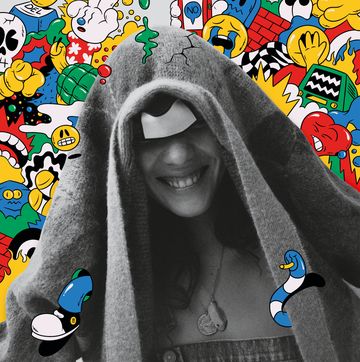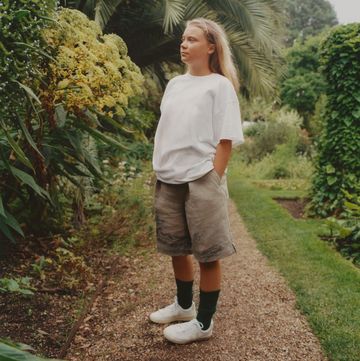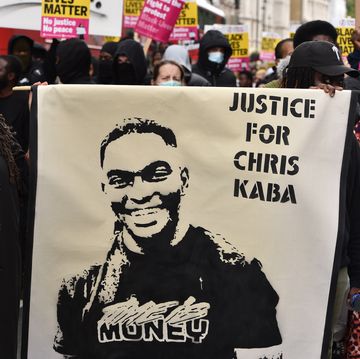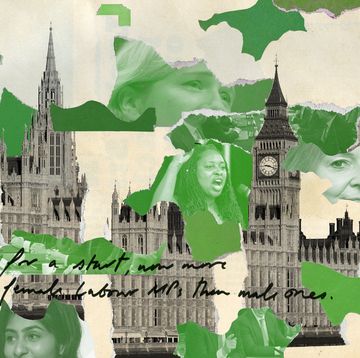I am the first person in my family to go to university.
Nobody advised me about where to go, what to study, or which courses to look for. I liked reading and drama and dancing at indie clubs.
My idols were Kate Moss, Debbie Harry and Kathleen Hanna, whose lives pulsed neon from capital cities, worlds away from Sunderland, where the heavy skies grazed the roof of the 194 bus.
I ordered prospectuses from all of the London universities and applied for the ones that looked best in the pictures.
King’s College London sent me an offer and, at the open day, the second-year student who showed me around wore leopard-print leggings and lived in a flat with her friends in Camden, which seemed incredibly cool.
My mam and I sat in the Prêt around the corner from Surrey Street and cried into our filter coffees, because going to King’s seemed impossible, but I was going to do it.
It was difficult to focus on Beowulf and Mrs Dalloway when I had been working at the pub until 2am the night before. I went to meetings to apply for grants with advisors who circled every expenditure on my bank statement in big red rings of shame.
I found myself moving through the world with less ease than my classmates, who turned up to lectures with nice shoes and Moleskine notebooks; MacBooks tucked into their tote bags.
I shoved my fake-tan-stained fingers into the pockets of my Topshop minidresses, feeling messy and chaotic. It took me a long time to realise that a sense of ease comes with privilege, which means fewer financial constraints, but also a belief that your ideas have worth and that your voice deserves to be heard.
I couldn’t recognise that the ways in which I felt wrong were the product of an unjust system. I thought all of the bad, bitter parts came from inside of me.
I failed my first assignment because I’d never been shown what an academic essay entailed. I didn’t speak in a seminar for the first two years. I found the books we studied difficult to connect with, because none of them reflected the ways in which I had grown up and lived in the world.
My friends spent their summers interning in New York, crafting their CVs so they could get work in publishing houses or at fashion magazines. I hadn’t even thought that was something I could do.
I have since learnt that the working world is about knowing what you want and being able to ask for it, which is impossible when your experiences have taught you that your desires are embarrassing, because they are so much bigger than you.
Our education system does not offer equal opportunities. The most recent UCAS figures show that only 6.2 per cent of students at Russell Group universities come from disadvantaged areas.
In 2017, Oxford admitted more students from the £39,000-per year Westminster School than black pupils.
All of the members of Theresa May’s Social Mobility Commission, a government body intended to monitor and promote social mobility, resigned in 2017 due to ‘little evidence’ of the aims ‘being translated into meaningful action’.
People are still fighting for change; a new Social Mobility Commission board has been appointed, with diverse members such as Sammy Wright, the vice principal of Southmoor Academy in Sunderland, who is committed to developing the aspirations of students in the north east.
‘We need to get kids to think differently and see the world in different ways,’ he says. ‘Literature and art are fundamental ways to do that, as they allow you to consider new possibilities.’
But there are still huge barriers to the creative industries, which stem from the fact that most opportunities are in London, where rent is exorbitant:
‘That creates two huge issues for our creative industries,’ says Farrah Storr, editor-in-chief of ELLE, who also sits on the board.
‘One: a small talent pool from which to choose the best candidates. Two: a lack of divergent thoughts, voices and experiences brought to the creative table. And that’s the greatest loss creativity could ever face.’
Brampton Manor Academy in Newham, one of London’s most deprived boroughs, recently celebrated an increase in students receiving an Oxbridge offer – from one student in 2014, to 41 students winning places this year, mostly from BAME (black, asian, and minority ethnic) backgrounds.
This push for diversity is important, but it highlights the fact that we are still subscribing to traditional notions of hierarchy.
I’m not dismissing the benefits of an elite education, but I wonder what kind of world we might build if we enable the next generation of artists and writers to make work from a place of empowerment, rather than disempowerment.
As Sol Gamsu, a researcher into power and inequality at Durham University says, ‘We need to jettison the idea of universities as the dreaming spires to which a lucky few can find their way.’
He suggests that we should redistribute cultural and economic wealth away from elite institutions and create a more fluid local education system, ‘which people dip in and out of over the course of their lives’.
After my undergraduate degree, I started writing and began to feel like I had something to say. I wanted to speak about the ways in which my mother and my female friends – strong, brilliant, working-class women – were not protected.
My grandad died and I put the savings he left behind towards an MA in creative writing. Through my work, I began to untangle the dissonance and inadequacy that snagged on my skin.
I stopped trying to distance myself from my class identity and pushed back against the belief that my experiences were trivial.
My work began to make sense when I started writing about what I knew; the kebab shops, the pawn shops and the Friday night superstars. My poems and short stories grew into a novel and I developed a voice that was my own.
Art and literature have given me the power to define myself on my own terms. They have taught me to think critically, outside of my own small, squashed framework and beyond the borders that dictated my world view.
Writing has allowed me to take the shame and self- loathing that soured inside of me and bring it into the light.
Jessica Andrews is the author of Saltwater, out now
This article appears in the May 2019 edition of ELLE UK. Subscribe here to make sure you never miss an issue.
